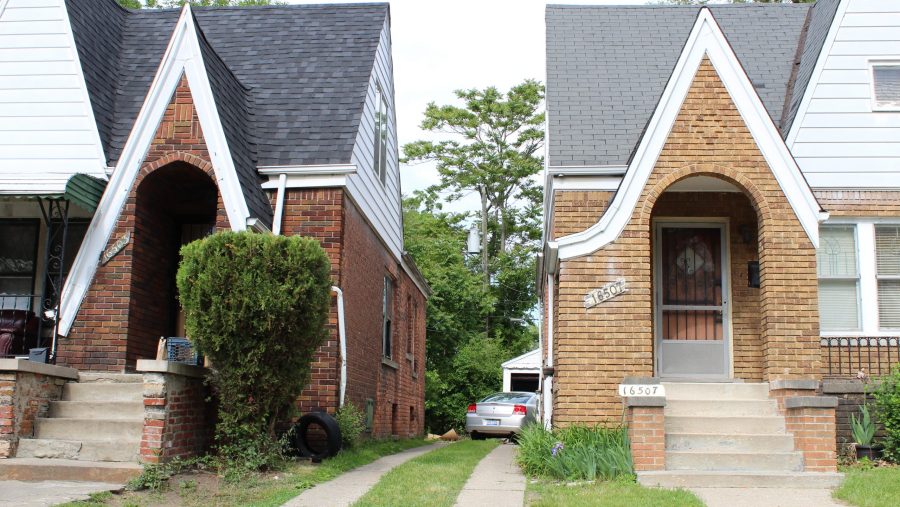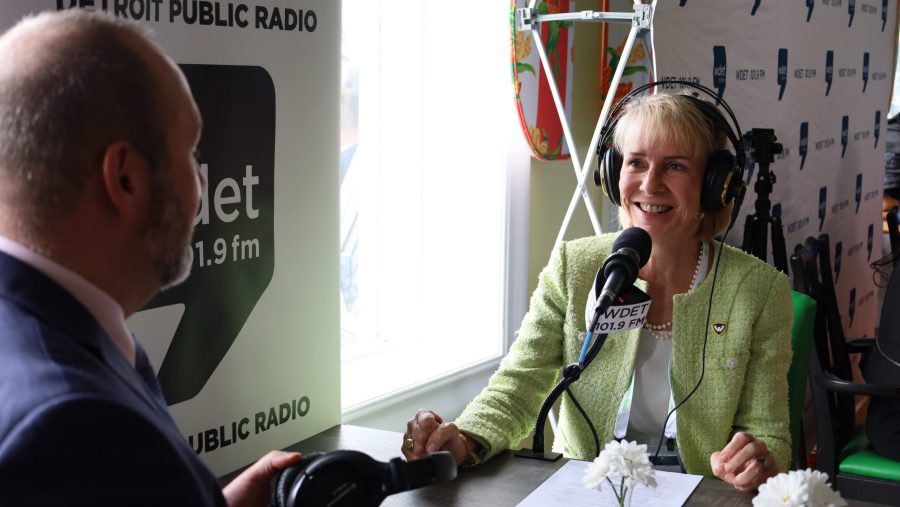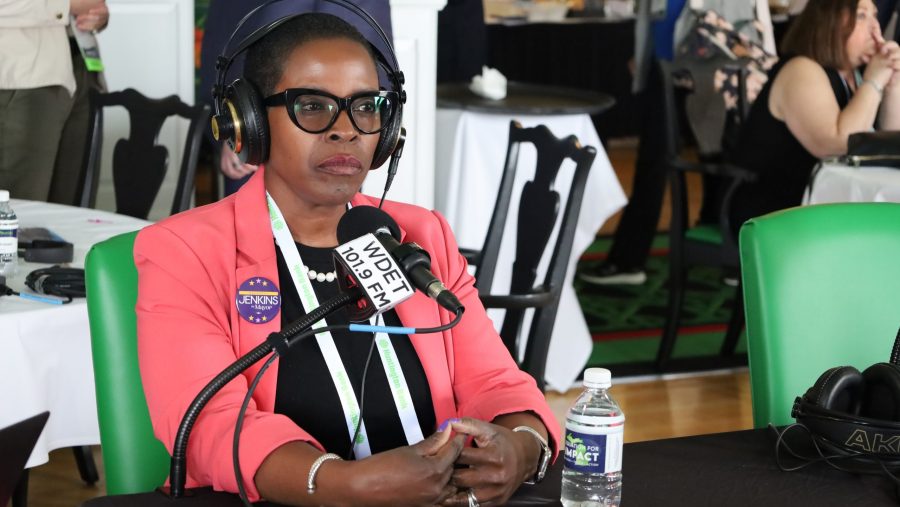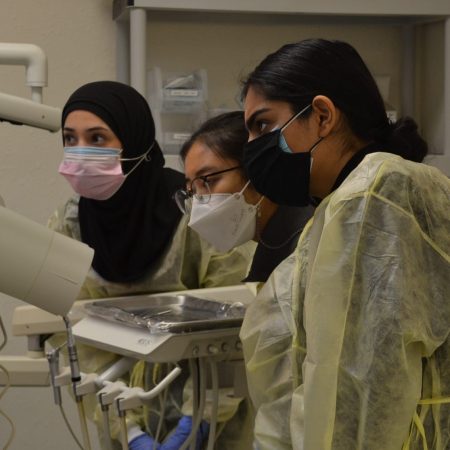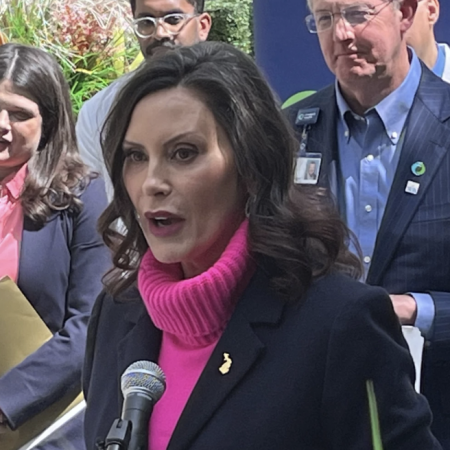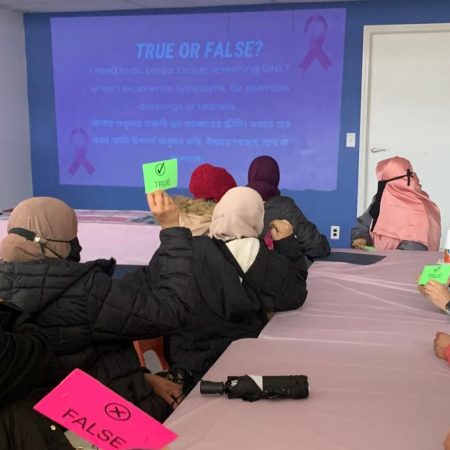The Metro: Routine checkups boost men’s lifespan
Studies show women live longer than men. According to the CDC, women are expected to live about five years longer. While there isn’t a single explanation for this gap, several contributing factors shed light on the disparity.
Biology and hormones may play a role, along with external factors like job-related risks. Men are also more likely to smoke, drink heavily, and skip annual checkups.
To raise awareness and promote healthier habits, June was established as Men’s Health Month. On The Metro today, we spoke with Harold Neighbors, professor emeritus at the University of Michigan School of Public Health.
As Professor Neighbors explained, men often face societal pressures that discourage them from seeking mental and physical health care. A national organization is working to change that.
Demetrius Scott is leading those efforts in Detroit as the local coordinator for the African-American Male Wellness Agency, a nonprofit focused on reducing health disparities among Black men through free programs and services.
Listen to The Metro weekdays from 10 a.m. to noon ET on 101.9 FM and streaming on demand.
Trusted, accurate, up-to-date.
WDET strives to make our journalism accessible to everyone. As a public media institution, we maintain our journalistic integrity through independent support from readers like you. If you value WDET as your source of news, music and conversation, please make a gift today.Donate today »
More stories from The Metro
The post The Metro: Routine checkups boost men’s lifespan appeared first on WDET 101.9 FM.


